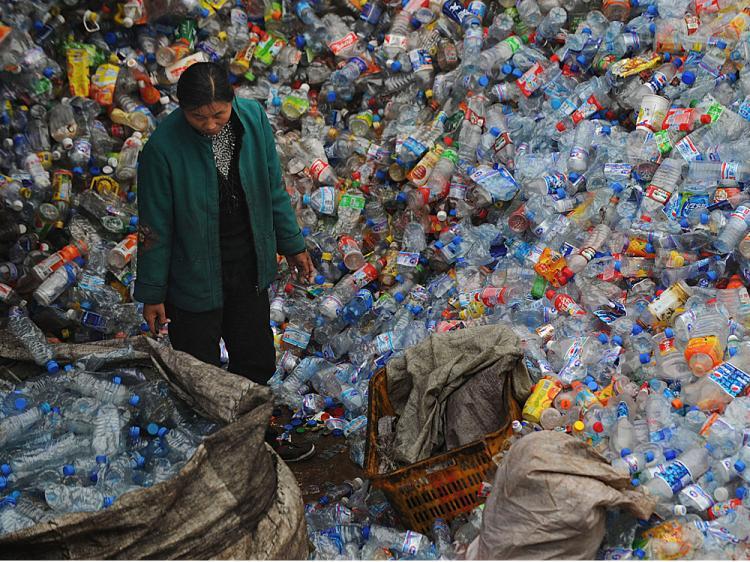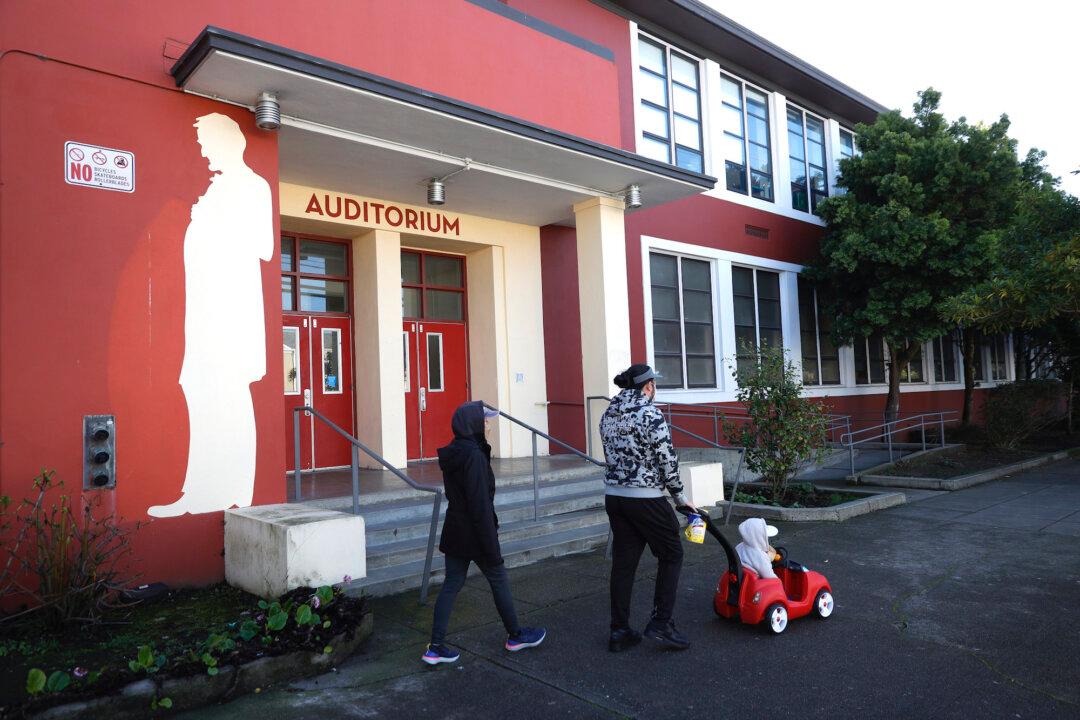Twentieth century American poet T.S. Eliot’s classic poem “The Waste Land” deplored the loss of traditional culture in the United States. It explored the misery that erupted as Americans forgot their roots, a simpler time when frugality was the norm. That was when “a penny saved is a penny earned” was practiced; “haste makes waste” had meaning.
Elliot’s lament today might appear even starker, his words ever-more like shouting into the wind. America, many can argue, has gotten a lot fatter around the waist from a diet of unhealthy convenience foods, the kind that often comes in paper or plastic. This has added up to a bulge of a different kind, namely waste that spills onto the landscape and ultimately finds a place at sea. The kind that winds up in the bellies of whales, for example, or entangled with other sea life.





